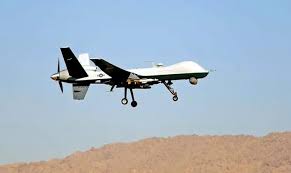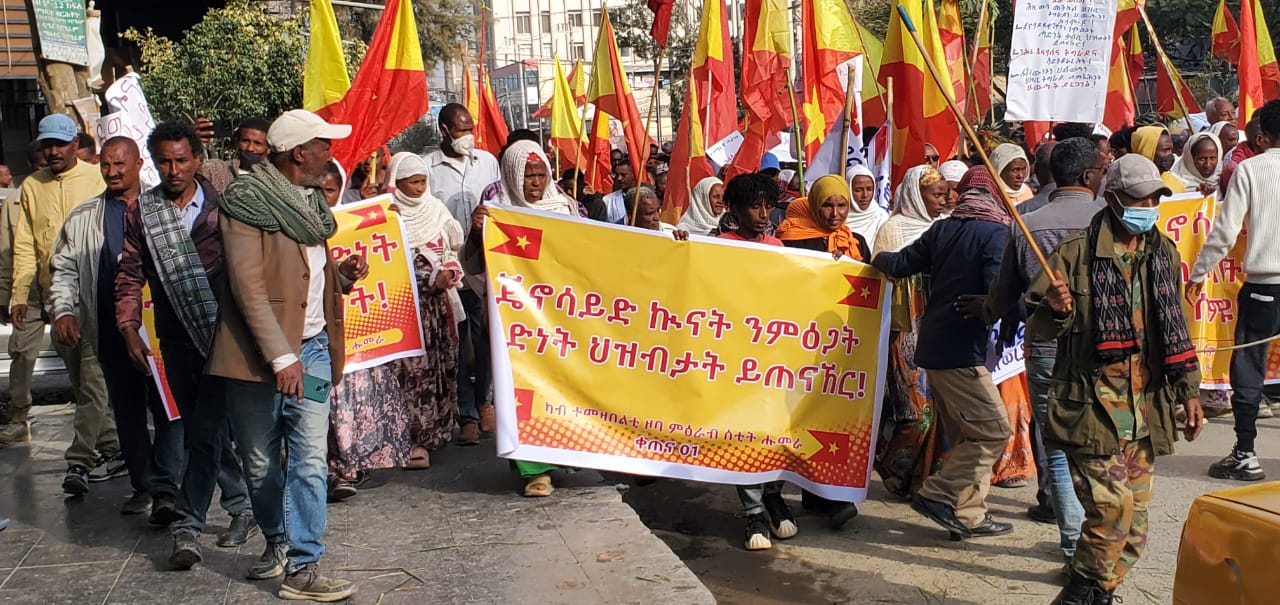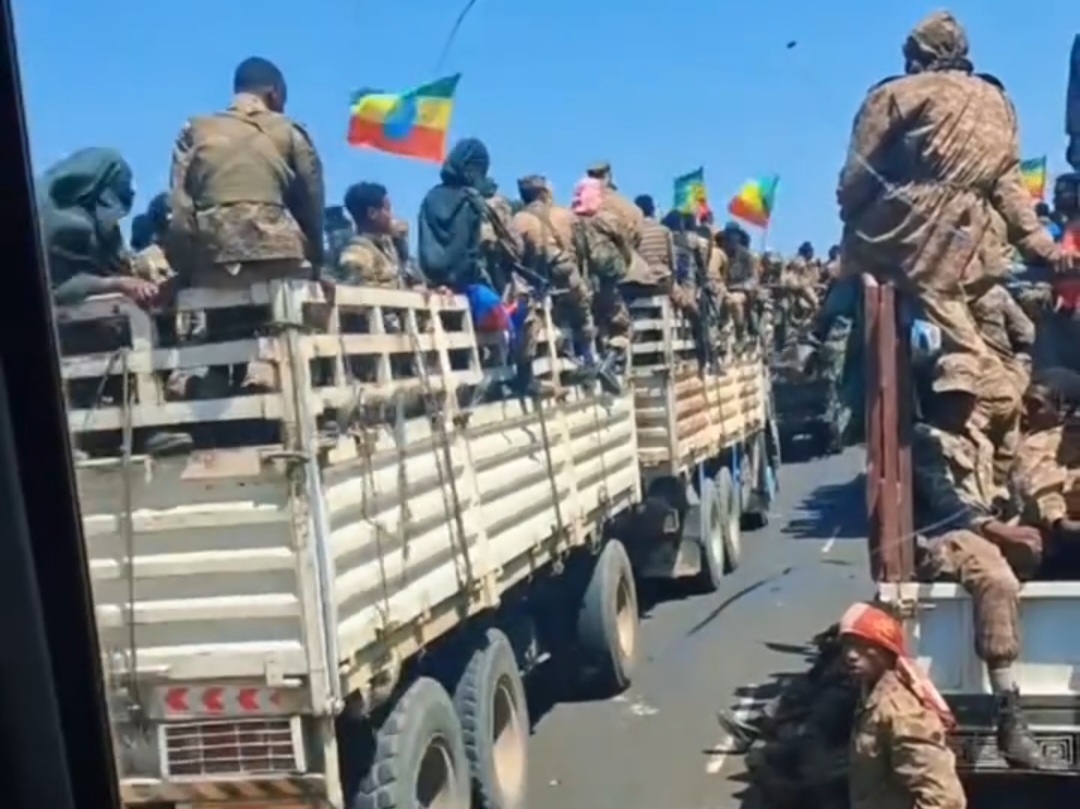By HANA-MARIAM TESHOME
The situation in Ethiopia, particularly in the Amhara region, has become increasingly dire with reports of drone strikes targeting civilians.
This escalation follows a resurgence in conflict, raising concerns about human rights violations and the impact on local communities.
The use of drone warfare in populated areas has sparked international criticism and calls for accountability, as the humanitarian crisis deepens amid ongoing instability.
Since August 2023, Ethiopia has witnessed a resurgence of violence between the federal government forces and the Fano militia, an armed group fighting for ethnic Amhara rights.
This conflict has its roots in long-standing grievances over political representation, resource allocation, and ethnic autonomy, exacerbated by previous tensions in Ethiopia’s complex political landscape.
Recent Drone Attacks
On October 15, 2023, Ethiopian military carried out drone strikes targeting civilian areas near Bahir Dar city, specifically in the areas of Mecha and Amarit.
Initial reports indicate that these attacks resulted in numerous fatalities and injuries among civilians and reported harrowing accounts, such as an infant who survived the strike while seven of his relatives were killed—some still clad in traditional white ceremonial attire, highlighting the indiscriminate nature of the violence.
Additional drone strikes have been reported in other urban centers, including Degamot, Feres Bet, and Asteriyo areas.
Eyewitnesses describe scenes of devastation, with many bodies too mangled to identify, underscoring the brutality of these military operations.
The Armed Conflict Location and Events Database documents over 300 civilian deaths from at least 31 drone strikes in the Amhara region over the past year, reflecting a troubling pattern of escalating violence against non-combatants.
Government Response
The Ethiopian government’s response to these attacks has been largely dismissive.
Officials have not publicly acknowledged the civilian toll, and there has been no indication of accountability for the military’s actions.
Instead, the government has intensified military operations against Fano, indicating a strategic pivot toward overwhelming force.
Colonel Getnet Adane, the army spokesperson, has articulated a hardline stance, asserting that military force is the only effective means to engage with the militia.
Moreover, the government has imposed strict restrictions on journalistic access to the affected regions.
These measures severely limit the ability of reporters and human rights organizations to document the situation, investigate incidents, and provide a comprehensive view of the ongoing humanitarian crisis.
Coupled with significant disruptions to mobile communication, these restrictions further isolate civilians from critical information and support.
Human Rights Violations
Reports from various human rights organizations indicate a pattern of abuses by the Ethiopian military, including unlawful killings, targeting of civilian infrastructure, and violations of international humanitarian law.
The drone strikes have been condemned for their indiscriminate nature, raising serious concerns about war crimes.
Human Rights Watch and Amnesty International have called for independent investigations into these attacks, citing the need for accountability.
However, the Ethiopian government’s refusal to allow independent probe into the region complicates efforts to verify these allegations.
International Community’s Response
The international community’s response to the escalating violence in Ethiopia has been notably inadequate.
While some human rights organizations and foreign governments have expressed concern, significant action has been limited.
The lack of robust diplomatic pressure or sanctions allows the Ethiopian government to continue its military operations with relative impunity.
United Nations officials have urged for ceasefires and negotiations, but these calls have largely gone unheeded.
The geopolitical implications of the conflict, including Ethiopia’s strategic importance in the Horn of Africa and its role in regional stability, may influence the reluctance of some nations to take a firmer stance.
The absence of a unified international response is troubling, particularly given the scale of civilian suffering.
Advocacy groups have emphasized the need for sustained engagement from international actors to prevent further atrocities and to protect vulnerable populations.
Conclusion
The drone attacks in the Amhara region signify a severe humanitarian crisis, with an alarming number of civilian casualties resulting from military operations.
The combination of government inaction, media restrictions, and international apathy exacerbates the plight of those affected by the conflict.
Continued monitoring and a stronger response from the global community are critical to ensuring accountability, protecting civilian lives, and fostering a peaceful resolution to the ongoing violence in Ethiopia.
Addressing these issues is not only a moral imperative but also essential for regional stability and humanitarian assistance.



